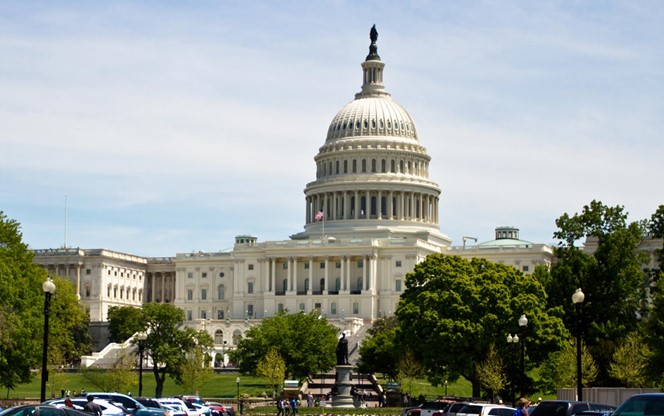

Articles | November 7, 2023
Our latest short quarterly insight on healthcare news for plan sponsors focuses on fraud, waste and abuse.
It covers:
This issue of Trends also includes compliance reminders about proposed mental health parity rules and the fact that enforcement of machine‑readable prescription drugs files is back on track.

Source: Case studies identified through Segal’s SHAPE data warehouse
*59 is used to signify that a chiropractic procedure or service is independent of other codes and needs to be paid separately.
Healthcare FWA can have a significant impact on costs for plan sponsors. Roughly 25 percent of annual healthcare spending in the U.S. is considered wasteful, with 3–10 percent considered fraudulent and abusive billing. FWA contributes to unnecessary costs and premium increases for plan sponsors. Victims of healthcare fraud can also be subject to unnecessary or unsafe medical procedures as well as medical identity theft. Addressing FWA in healthcare is crucial to maintain the integrity of benefits, protect patients and ensure resources are used efficiently.
Approximately 85 percent of medical claims are auto-adjudicated. Claims auto-adjudication systems are not always current with regulations and treatment practices and may be older or cumbersome to update. Carriers also tend to auto-adjudicate claims below a given threshold — typically less than $10,000–$15,000. Claims adjudication software does not catch all FWA from doctor or hospital billings. Consequently, some providers and facilities are paid excessive amounts for testing and services that fall below these thresholds without being challenged. Billing fraud and abuse costs plans between $15 to $83 per participant per month — the equivalent of the entire plan administrative services fee. Often, the FWA program and integrity fee structure outside the base fee arrangement are not transparent.
Most fraud and abuse comes from a small number of enrollees and providers that can cause significant disruption and costs to a plan. The increase in telehealth access to care has created additional vulnerabilities for fraud and abuse schemes.
Some of the more common types of fraud and abuse include:
Recognizing patterns that look suspicious is key to preventing FWA. To protect themselves from FWA, plan sponsors can consider the following steps:
The proposed rules set forth new standards for imposing non-quantitative treatment limitations (NQTLs) as well as requiring additional data collection and evaluation requirements for compliant NQTL documented comparative analyses. Plan sponsors should evaluate the proposed rules and determine the impact on existing Mental Health Parity and Addiction Equity Act compliance efforts. Read more in our August 1, 2023 insight.
The Departments of Treasury, Labor and Health and Human Services (the Departments) issued updated guidance on the Transparency in Coverage (TiC) final rule, reinstating enforcement of the machine-readable file requirements for prescription drug negotiated rates. To meet the requirements for prescription drug machine-readable files, plan sponsors will likely need assistance from their prescription drug benefit administrators. Read more in our October 17, 2023 insight.
Contact your Segal consultant or get in touch with us.

Health, Compliance, Multiemployer Plans, Public Sector, Healthcare Industry, Higher Education, Architecture Engineering & Construction, Corporate, Mental Health

Health, Compliance, Multiemployer Plans, Public Sector, Healthcare Industry, Higher Education, Architecture Engineering & Construction, Corporate

Health, Compliance, Multiemployer Plans, Public Sector, Healthcare Industry, Higher Education, Architecture Engineering & Construction, Corporate, Pharmaceutical
This page is for informational purposes only and does not constitute legal, tax or investment advice. You are encouraged to discuss the issues raised here with your legal, tax and other advisors before determining how the issues apply to your specific situations.
© 2025 by The Segal Group, Inc.Terms & Conditions Privacy Policy Style Guide California Residents Sitemap Disclosure of Compensation Required Notices